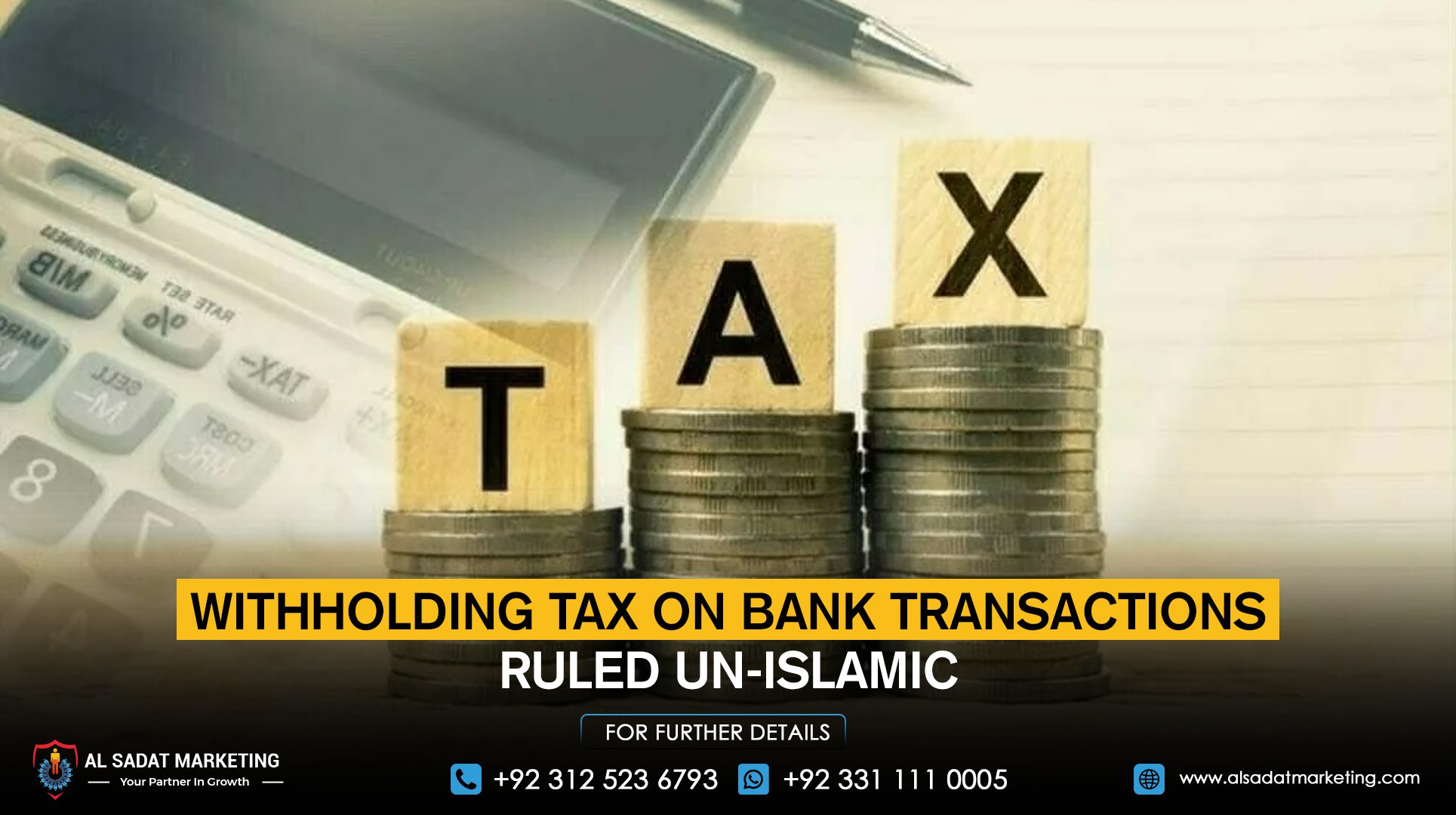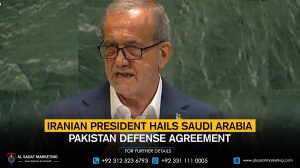The Council of Islamic Ideology (CII) has ruled that the collection of withholding tax on bank withdrawals and transfers is un-Islamic. The announcement was made on Wednesday during a meeting chaired by Dr. Raghib Hussain Naeemi.
The council stated that deducting tax on one’s own money has no justification under Shariah. Dr. Naeemi explained that after reviewing the issue in the light of the Quran and Sunnah, the council concluded that such deductions are not permissible. The decision is expected to impact Pakistan’s financial system, where withholding tax has long been debated as a source of government revenue.
In the same session, the CII rejected a proposed amendment in the Diyat law that aimed to exclude silver and make gold the only standard for blood money compensation. The council stressed that Shariah-prescribed measures, including gold, silver, and camels, must all remain part of the law, declaring the amendment un-Islamic.
The meeting also discussed health-related rulings, advising that insulin made with pork components should be avoided if halal alternatives are available. The council said that Muslims should always prefer permissible medical options whenever possible.
On legal matters, the CII expressed serious concerns over a Supreme Court ruling on September 11 that made iddat and maintenance mandatory for an unmarried woman after divorce. The council declared this ruling contrary to the Quran and Sunnah.
The CII further allowed conditional permission for human milk banks, stressing that legislation must be passed to ensure safeguards and prevent misuse. The council emphasized that it must be included in the lawmaking process.
Additional recommendations included immediate cleaning of Holy Quran copies used for testimonies that may contain impurities and the introduction of a Rabi-ul-Awwal ringtone to encourage respect for banners and flags carrying sacred inscriptions.
The council also reviewed the blasphemy case against Mirza Muhammad Ali Engineer following a letter from the FIA Cyber Crime Wing.
The decisions made in this session cover a wide range of financial, legal, and ethical matters, highlighting the council’s role in guiding policies according to Islamic principles.










